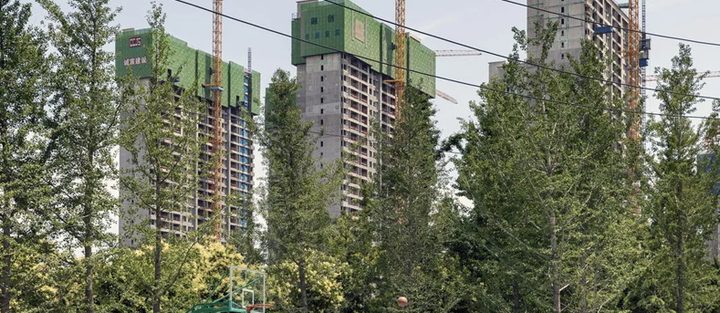The Economist says of the vague prospect of revitalizing the Chinese economy.
Tomorrow’s Economy-Translator and Economic Translator: The Economist recently reported that China’s economic improvement is inappropriate and has no good prospects. Finally, the teachings of the long -term recession of Japan can be used.
When the Chinese government unexpectedly abandoned its Coid Zero policy at the end of the year, all investors bet on China’s rapid economic return. After nearly three years of the Cronian restrictions, the expectation of the world’s second -largest economy was expected.
China, in fact, began with despair until it is celebrated. A number of economic indicators, including investment and micro -sales, have increased at a speed than expected. Some analysts believe that the economy may not grow during the second chapter, and with this growth rate, only the relatively low -income GDP rate will be achieved by a 5 % growth in year 2.
Why is it not good for China’s economic growth?
There are a variety of reasons for China’s economic outlook, from US control over the export of end -of -the -art and changing foreign investment, to the rigor of the Republican Republic of Shipping against large technology companies. But the main culprit is the recent weakness of the real estate sector, where Corona was the main source of growth for the whole economy before the epidemic. Activities have declined, first because the government is seeking to control the makers with heavy debt, and then recently because sales are very fragile and weak. For example, between January and May, investing in housing declined by 4.9 percent compared to the previous period last year. Now this collapse of real estate business has become a lasting problem in the economy, and this is a dangerous issue.
The end of the long -term real estate boom has hit the Chinese economy in several sectors. This has led to a reduction in construction and all the services needed to build and sell housing. The end of the boom in real estate has probably reduced consumption, since real estate owners will probably spend less money if they are concerned about their most valuable assets. Many businesses in China use real estate as a collateral to their loans, which can also reduce private sector investment.
Finally the bubble in the real estate market
Real estate bubbles rarely have a pleasant end. The last US housing bubble fission caused the global financial crisis. But the most informative comparison for the current situation in China is the conditions of Japan in the 1980s. Although Japan was much richer at that time than the present China, its economic growth was like a decade and a half based on an investment boom, most of which had flowed into the real estate sector.
When Japan’s assets bubble burst at the end of the year, economic growth declined dramatically. The factories and households on which the debt were weighing consumes their resources to recapture their debt instead of spending the boring. This, along with a decline in the force, meant that Japan’s GDP growth rate was lower than other richest countries in the world.
Part of the problem was because the policy maker was slow. Until the Japanese Bank finally reduced the target rate to zero in the year, and the government led the incentives instead of consumption. Business collapse has become a decade of recession.
Where will policymakers go in China?
Unfortunately, China seems to make the same mistake. The government is still eager to encourage investment to support consumption. China’s central bank reduces interest rates, but each time a tenth percentage. China may be much worse than Japan. Although Chinese leaders’ hustle over the “public welfare” has created the hope that more income distribution can increase consumption, however, household spending is 5 %, much less than the global average of 5 % and has not increased in the past six years.
Even if China wants to boost greater consumption growth, it will not be able to do so. Many of the Chinese government’s economic policies are still designed to promote exports, investment and suppression of consumption. It will take years for the sustainable strengthening of household consumption by creating a set of strong programs to protect people and families from financial and survival problems. The prospect of real estate on the Chinese economy can be suspended not only for the rest of the year but for a long time in the future.
Source: Tomorrow’s economy


